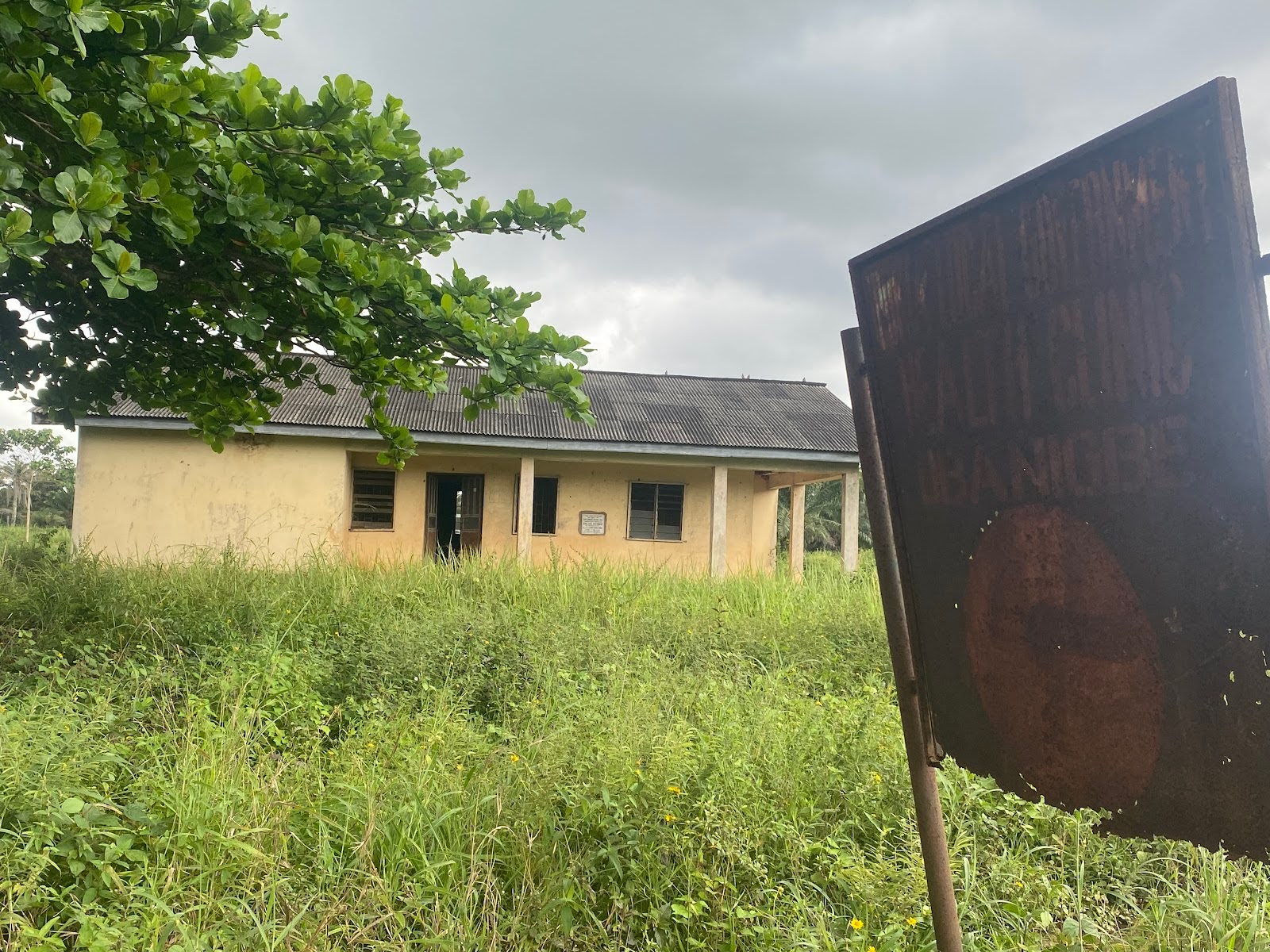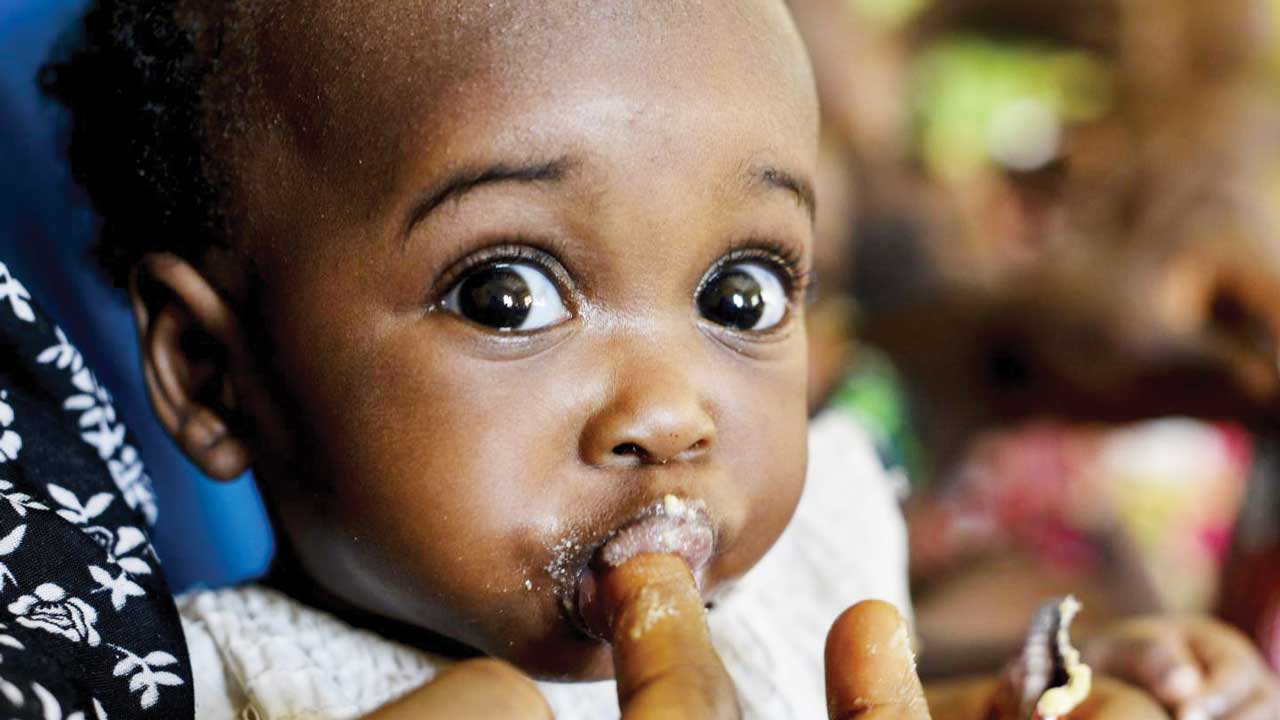The National Director/ Chief Excusive Officer (CEO), Sickle Cell Foundation Nigeria (SCFN) Dr Annette Akinsete, has assured Nigerians that sickle cell disorder (SCD), is not a death sentence as it could be treated through counselling and bone marrow transplant programme.
Akinsete stated this in Lagos at the foundation press conference to announce plans to mark World Sickle Cell Day. Over 150,000 Nigerian babies are born with sickle cell disorder out of which 100,000 die yearly before their fifth birthday.
She said the foundation has made frantic efforts to ensure every child with SCD in Nigeria has access to early diagnosis, access to prompt, effective and compressive treatment, access to cure and live in a society with no stigma and discrimination.
Akinsete said the foundation in partnership with the Lagos University Teaching Hospital (LUTH) has established a state-of-the-art bone marrow transplant (BMT) centre to ensure every Nigerian living with sickle cell disorder is well treated. The foundation has successfully treated 52 persons under the bone marrow transplant programme.
According to her, the foundation has trained healthcare workers and provided test kits. “We carried out thousands of free tests, provided free medicines and life-saving health education.”
Manager, Programme and Strategic Communication, SCFN, Mr Caleb Audu, said the organisation has used its Youth Development Programme (YDP) in raising awareness about sickle cell disorder among corps members, provided free screening and offered specialised training for selected advocates.
He said the YDP presents a strategic vehicle for implementation, spread across every state in Nigeria and the 774 local councils across the country.
“So far, over 19,000 corps members have been sensitised across six South West Nigeria states and over 700 volunteers registered to be deployed into their respective communities.”
Audu said the foundation has embarked on sensitisation for secondary and tertiary school students across the country. “This project seeks to educate young people about the causes, consequences, and prevention of SCD while fostering empathy, advocacy skills, and leadership.”
He explained that the trained students are equipped for a step-down phase of the project. “The project has sensitised over 9,000 students across two states and provided institutional medical support for the schools.”






